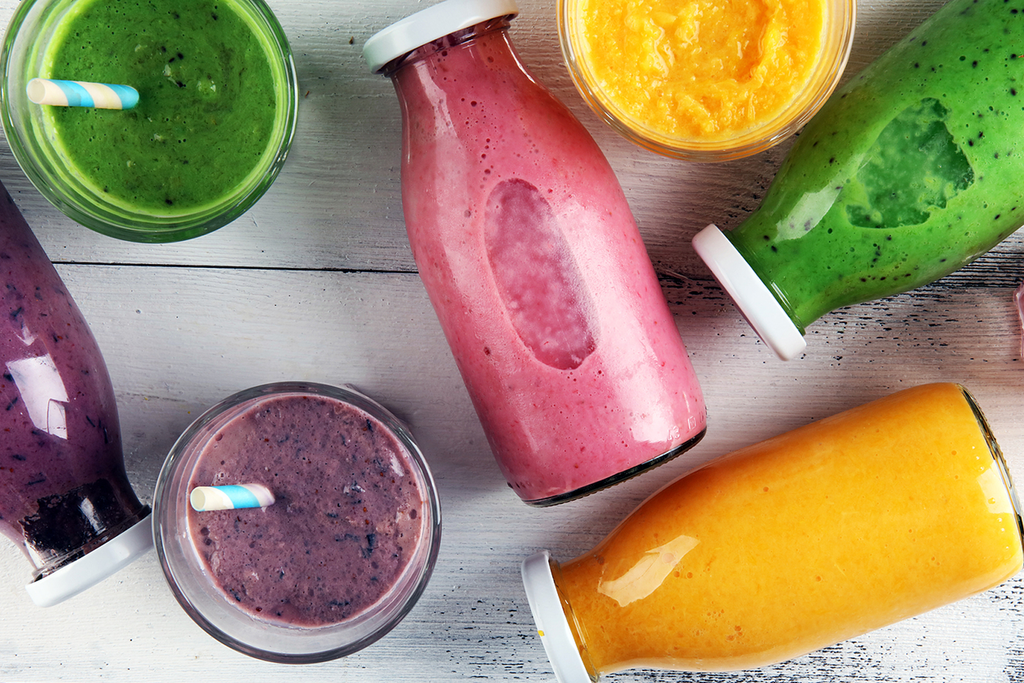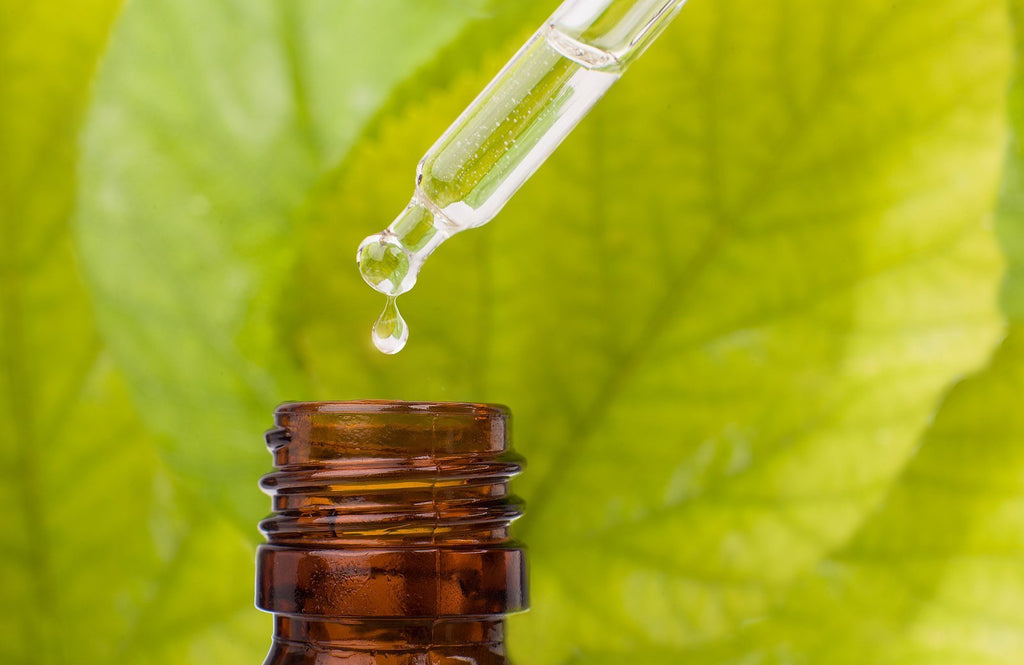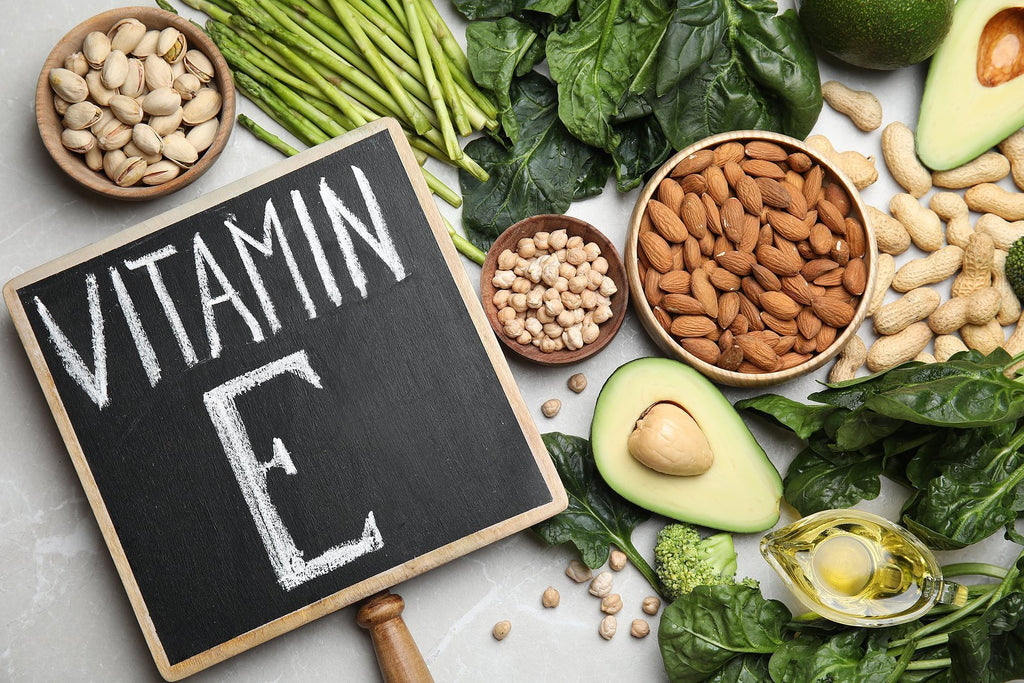Grain & Dairy-Free Sources of Calcium, Fiber&Vit-D
If you eat a grain-free and dairy-free diet, how can you be sure you get enough fiber, calcium, or vitamin D? This is an important question because, while you should limit your grains and many people need to limit or eliminate dairy, you won’t have good health without enough fiber, calcium, and vitamin D.
Ignore The Propaganda Claims
Despite all the propaganda from the grain and dairy industries, their products are not the best sources of fiber, calcium, and vitamin D. The health problems that result from how grains and conventional dairy are grown, produced, or processed far outweigh any nutritional value they may provide.
My Favorite Fiber-Packed Foods
Fiber comes from the part of the plant that that you don’t digest. You can divide fiber into two main categories: soluble and insoluble. Soluble fiber slows digestion and feeds the good bacteria in your gut – this is what you want to support overall health. Insoluble fiber adds bulk to your stool, speeds up, digestion, and reduces constipation.
You can get plenty of both types of fiber in fruits and vegetables, which also provide phytochemicals, antioxidants, vitamins, and minerals. I focus on getting a variety of low-sugar foods that contain a good amount of both kinds of fiber.
- Dark, leafy greens
- Put them in a salad, sauté them, or blend them up in a smoothie. My favorites are spinach, kale, collard greens, and chard. I actually like the bitterness of turnip greens as well. Leafy greens provide so much nutrition, including vitamin C, vitamin K, iron, calcium, antioxidants, and phytochemicals. It’s tough to find a more nutritious food, so why go eating grains with the idea that they’re a good source of fiber? Eat more leafy greens and skip the grains. I always have some type of fat with greens to maximize nutrient absorption – add olive oil, toss an avocado into a green smoothie, etc.
- Cruciferous vegetables
- Broccoli, cauliflower, cabbage, brussels sprouts. I mostly eat them steamed and I use chopped up cauliflower as a rice substitute. Or I put cauliflower in the food processor, add olive oil and sea salt, and I have a replacement for mashed potatoes.
- Coconut
- This great food is over 60% dietary fiber and contains healthy, saturated fat – which you need for good health. Despite how saturated fats have been demonized over the last 50 years or so, they are not the cause of heart disease. You need saturated fats and coconut is a great source. You can buy unsweetened shredded coconut and eat it by the handful as a snack. Or you can buy coconut meat and throw it in your smoothies to bulk them up so they aren’t too watery.
- Artichokes, beets, asparagus.
- Sweet potatoes – unless you’re trying to stay in ketosis. They’re a little too high-carb for a keto diet. Otherwise, they’re a great source of nutrition.
- Almonds, Brazil nuts and walnuts
- Low-sugar fruits like berries and avocado contain mostly soluble fiber. Occasionally add citrus, apples, and pears because they’re full of fiber and their sugar content is moderate.
Grain & Dairy-Free Calcium Sources
Sources of Vitamin D
Despite all the advice about getting adequate amounts of vitamin D, most people have levels of vitamin D that are much too low. So I recommend everybody take a high quality supplement, and always take it with vitamin K2. The right combination is D3 + K2, which is what my formulation contains. D3 and K2 ensure calcium is absorbed and directed to the proper places – your bones and teeth – instead of deposited in your arteries and organs.
"This REALLY WORKS WELL. I just had my blood work done. 6 months ago my Vitamin D level was 27 (normal is 30-100). After only 3 months on this, my vitamin D level is 57. I was using cheap Vitamin D from a major chain and it was not working. This product works. HIGHLY RECOMMENDED."
Gabe Birk | ⭐️⭐️⭐️⭐️⭐️
Vitamin D3+K2
Sharing is Caring
Know Your Body - Know Your Health






